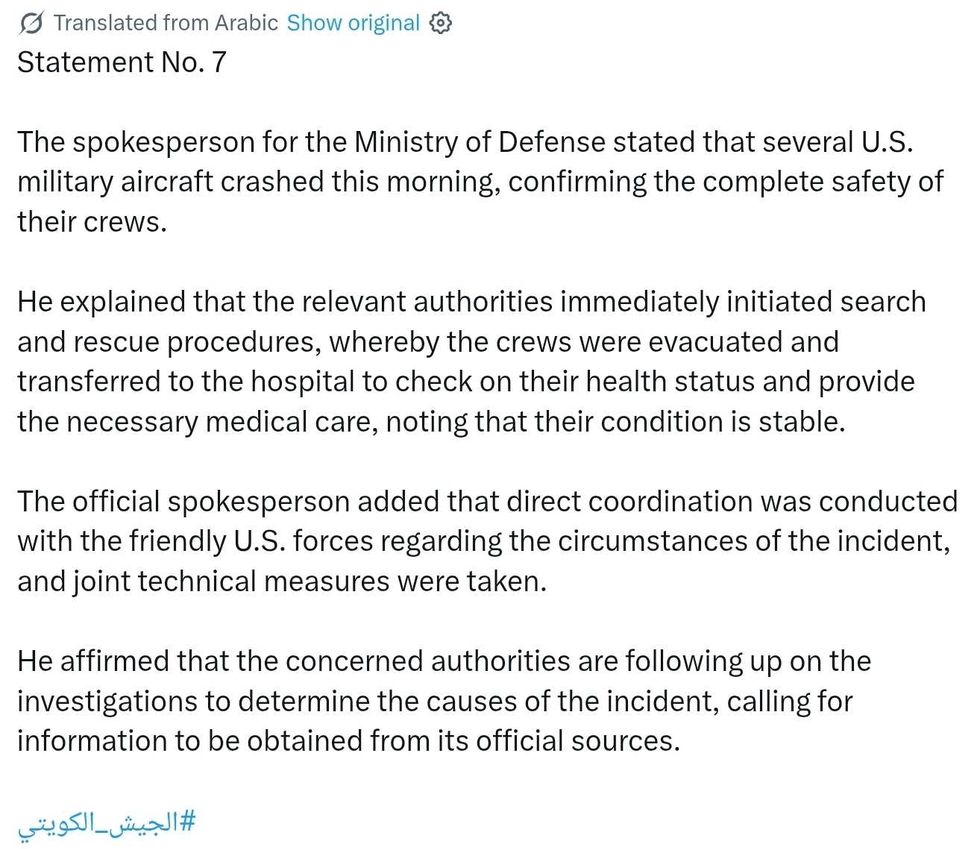Cancer is a demon that doctors have desperately tried to exorcise for decades. It is the body turned against itself, where the natural programming of healthy cells runs amok. The dysregulation of the orderly signaling pathways is linked to the balance between cellular growth and cellular specialization of the cell life cycle. The result is unrestrained cellular proliferation accumulating into large tumors that interrupt the normal functions of vital organs.
Since cancerous cells are derived from normal cells of the body, the human immune system does not see them as disease because the immune system is trained only to distinguish between “self” and “non-self.” This prevents the body from attacking itself, though disorders where this mechanism fails are known as autoimmune diseases.
A recent study published by Tanyi et al. (2018) in Science Translational Medicine appears to have made a breakthrough in this area, where a successful ovarian cancer vaccine was produced and clinically evaluated that was personalized to each patient.
The human immune system can be basically divided into two parts: a non-specific initial response and a highly specific follow up response. When a foreign disease-causing agent or pathogen invades the body, the first line of defense is immediate and not targeted exclusively to the particular pathogen. This is merely a stop-gap measure to keep the pathogen at bay until the secondary adaptive response can be formulated by the body to eliminate the invader either through antibody producing B-cells or killer T-cells.
Once the disease agent has been thwarted, the adaptive immune system “remembers” the solution in the form of memory cells. This way, if the body encounters the same pathogen again, it will recall the tool used to combat it and can promptly deploy a solution. This is the basis behind vaccines: to introduce the immune system to a pathogen in a safe and controlled manner, so it can develop a suitable response and will remember how to react should it come across that pathogen again.
Edward Jenner was able to deduce that there was a subpopulation of people that survived smallpox infections who had previously been exposed to a related virus: cowpox. Cowpox was capable of infecting and replicating in humans, though the symptoms were much milder and the human immune system could easily adapt and clear the virus, unlike its human counterpart. And those persons exposed to cowpox did not succumb to the brutal effects of smallpox; somehow these people were protected. Thus, Jenner posited that if people were inoculated with cowpox that they would be protected against smallpox.
This strategy represented the first recorded instance of a vaccination program. Cowpox was found to be sufficiently similar to smallpox, that the memory cells of the immune system could be tricked into seeing smallpox as cowpox. The scientists of the current study have endeavored to trick the immune system into recognizing certain cancers as foreign, thus triggering the immune response.
The notion of vaccinating against different forms of cancer is complicated by the fact that the disease is propagated by a person’s own cells, which are treated as “self” by the immune system. Therefore, research scientists have sought to trick the adaptive immune system to seeing cancer cells as “non-self” and thus attack them. The key has been to identify features of cancer cells that are distinct from normal cells so that tumors are targeted while non-malignant cells are safe from a cross-reactive autoimmune reaction.
This is where the current study on personalized ovarian cancer vaccination comes in: where the scientists looked for ways to stimulate an immune response to what are known as “neo-antigens.”
Traditional cancer vaccines are often rendered ineffective over time due to progressive accumulation of mutations in cancer cells as they evolve, which produce new antigens (or neo-antigens) on the cancer cell surface. Thanks to advances in modern gene sequencing and computational algorithms, these neo-antigens are being detected with greater frequency and accuracy.
A major partnership between the Cancer Research Institute in New York and the Parker Institute for Cancer Immunotherapy in San Francisco spearheads such efforts as the Tumor Neo-antigen Selection Alliance. This can allow for specific cancer immunotherapies to be devised that will hopefully replace and be more efficacious than traditional non-specific regimens such as chemotherapy and radiation. In contrast to self-antigens associated with tumors, killer T-cell responses cells can be generated from neo-antigens. Also, the immune responses elicited by neo-antigens do not appear to induce autoimmune reactions to normal healthy cells that could produce toxic side effects.
With respect to developing a vaccine against ovarian cancer, other factors have thwarted these efforts that were also addressed in the current study. Specialized immune cells known as T-regulatory cells reside within ovarian tumors, which suppress the activity of killer T-cells. Furthermore, these tumors also prevent the activation and entry of killer T-cells in the tumor through the secretion of a substance known as vascular endothelial growth factor A (or VEGF-A). Two treatments already exist to counteract these factors: an antibody that blocks VEGF-A called bevacizumab and cyclophosphamide that attenuates T-regulatory cell activity.
In the final years of the Obama administration, Vice President Joseph Biden was tasked with coordinating a national medical effort to implement what was termed “precision medicine.” This represents a customized approach to an individual’s healthcare with treatments and other products being tailored on a person-to-person basis. This approach was used in the Tanyi study for how it initiated an immune response to neo-antigens relevant to ovarian cancer.
Cancer cells were harvested from an individual’s ovarian tumor cells, which was subject to a mild acid treatment exposing hidden cancer antigens. These were then mixed with specialized immune-related cells also collected from the patient called dendritic cells that present foreign antigens to effectors of the adaptive immune response: antibody producing B-cells and killer T-cells. These dendritic cells were injected back into the patient intranodally.
The Tanyi study also incorporated bevacizumab and cyclophosphamide into some of the regimens alone or in combination. The patients that received the intranodal dendritic cell injection in combination with both bevacizumab and cyclophosphamide resulted in the best survival outcome with no recurrence of ovarian cancer one to two years post-immunization. Notably, the subjects receiving all three treatments produced the most robust and significantly active immune response to a variety of neo-antigens.
These findings suggest a new era is on the horizon for cancer patients. Indeed, it is highly likely that there will be more research efforts like this one in the near future, as the “precision medicine” initiative pushed by former Vice President Biden was fruitful in the passage of the “21st Century Cures Bill” that provided 6.3 billion dollars in new research funding for fighting cancer in this way. One of the last pieces of legislation signed by former President Obama is likely to have a positive impact in the lives of cancer patients well into the future.















 @CNN/Instagram
@CNN/Instagram @CNN/Instagram
@CNN/Instagram @CNN/Instagram
@CNN/Instagram @CNN/Instagram
@CNN/Instagram @CNN/Instagram
@CNN/Instagram @CNN/Instagram
@CNN/Instagram @CNN/Instagram
@CNN/Instagram @CNN/Instagram
@CNN/Instagram @CNN/Instagram
@CNN/Instagram @CNN/Instagram
@CNN/Instagram @CNN/Instagram
@CNN/Instagram @CNN/Instagram
@CNN/Instagram @CNN/Instagram
@CNN/Instagram @CNN/Instagram
@CNN/Instagram @CNN/Instagram
@CNN/Instagram @CNN/Instagram
@CNN/Instagram @CNN/Instagram
@CNN/Instagram @CNN/Instagram
@CNN/Instagram @CNN/Instagram
@CNN/Instagram @CNN/Instagram
@CNN/Instagram

 Saul Loeb/AFP via Getty Images
Saul Loeb/AFP via Getty Images